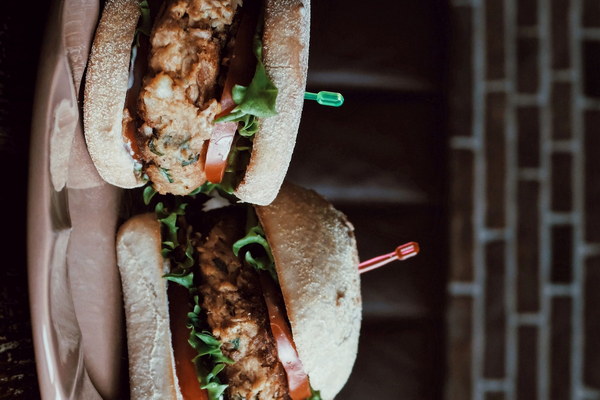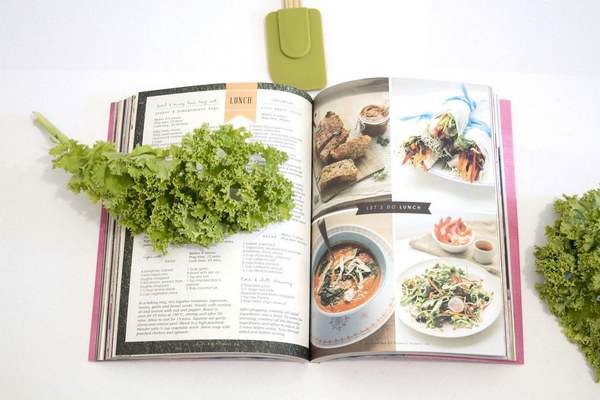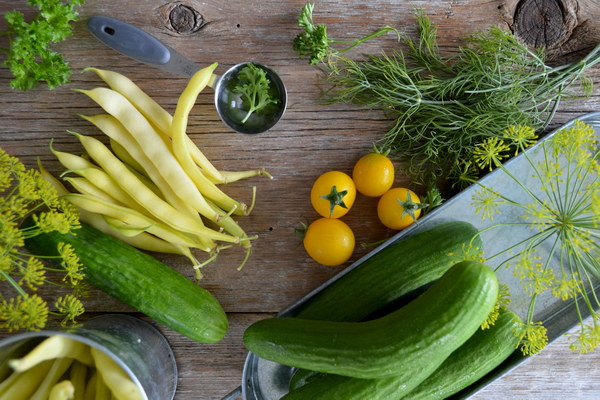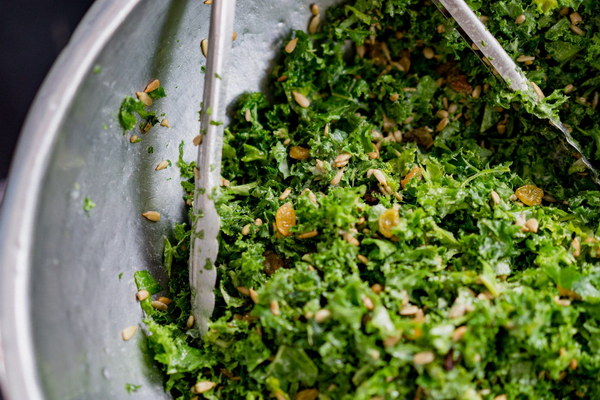Optimal Preoperative Nutrition A Comprehensive Guide for Elderly Patients
Introduction:
As the population ages, the number of elderly individuals undergoing surgery has increased significantly. Preoperative preparation plays a crucial role in ensuring a successful surgical outcome for elderly patients. One of the most critical aspects of preoperative care is the management of nutrition. This article provides a comprehensive guide on the importance of nutrition in elderly patients undergoing surgery and offers practical advice on the dietary adjustments necessary to optimize their preoperative health.
The Importance of Nutrition in Preoperative Elderly Patients:
Nutrition plays a vital role in the recovery process for elderly patients undergoing surgery. Adequate nutrition can help maintain muscle mass, improve wound healing, reduce the risk of infections, and enhance overall recovery. Conversely, malnutrition can lead to complications such as delayed healing, increased hospital stay, and a higher risk of mortality.
Key Nutritional Considerations for Elderly Patients Preoperatively:

1. Assess Nutritional Status:
Before surgery, it is essential to evaluate the nutritional status of the elderly patient. This can be done through a comprehensive assessment by a healthcare professional, which may include medical history, dietary intake, body mass index (BMI), and laboratory tests such as albumin levels.
2. Address Undernutrition:
If an elderly patient is undernourished, it is crucial to address this issue before surgery. Undernutrition can be treated through dietary modifications, nutritional supplements, or enteral feeding (feeding through a tube inserted into the gastrointestinal tract).
3. Increase Protein Intake:
Protein is essential for wound healing and maintaining muscle mass. Elderly patients should aim to increase their protein intake before surgery. Good sources of protein include lean meats, fish, poultry, eggs, dairy products, legumes, and nuts.
4. Ensure Adequate Caloric Intake:
Elderly patients often have reduced calorie needs due to a slower metabolism. However, it is crucial to ensure they are consuming enough calories to support their energy requirements and aid in recovery. A balanced diet rich in fruits, vegetables, whole grains, and healthy fats can help meet these needs.
5. Hydration:
Proper hydration is essential for overall health and recovery. Encourage elderly patients to drink plenty of fluids, such as water, herbal teas, and clear broths, to prevent dehydration before and after surgery.
6. Modify Dietary Intake for Special Conditions:
In some cases, elderly patients may have specific dietary requirements or restrictions. For example, those with diabetes should manage their blood sugar levels closely, while those with gastrointestinal issues may need to follow a low-residue or easily digestible diet.
7. Consider Nutritional Supplements:
If dietary adjustments are insufficient to meet nutritional needs, healthcare professionals may recommend nutritional supplements. These can include multivitamins, calcium, vitamin D, and omega-3 fatty acids, which are essential for wound healing and overall health.
Conclusion:
Nutrition is a critical component of preoperative care for elderly patients undergoing surgery. By ensuring adequate nutrition, healthcare professionals can help optimize the patient's recovery, reduce complications, and improve overall outcomes. By following the guidelines outlined in this article, elderly patients can take an active role in their preoperative nutrition and set the stage for a successful surgical experience.









